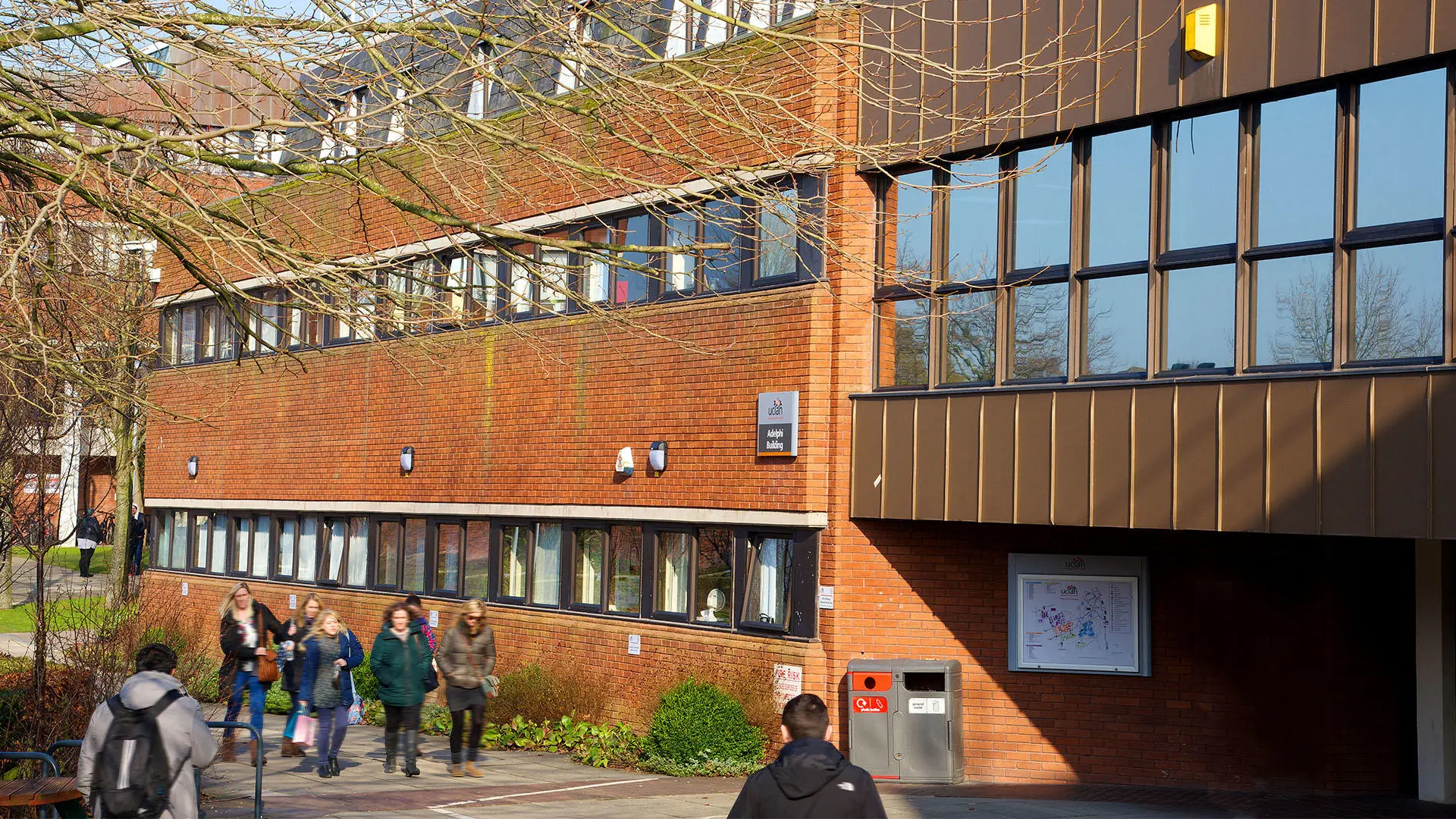Narratives of women whose mental health has been affected by the COVID-19 pandemic.
Research Team
- Dr Peggy Mulongo, PhD, MSc, DipHE, RMN
- Professor Sue McAndrew, PhD, MSc, BSc Hons, RMN
- Dr Roxanne Khan, PhD, MSc, BSc Hons, CPsychol, CSci
- Professor Mick McKeown, PhD, BA, RMN, RGN
Commissioners
NHS Salford, Clinical Commissioning Group (CCG)
Contractors
NESTAC (New Step for African Communities), Registered Charity No. 1110686
Supporting materials:
Methodology
A focus group discussion took place with seven women recruited from a specialist service for women at risk of, and/or affected by FGM, in Salford, a city located in the Northwest of England. The women were predominantly Muslim, aged between 25 years to 55 years, and were of Black-African and south-Asian heritage.
Findings
The focus group discussion was analysed using thematic analysis. Three major themes emerged: (1) Positive testing, negative interpretation, (2) COVID-19 Lockdowns, and (3) Lack of accurate information.
Conclusions
The study provided insight into the lived experiences of women living in the Northwest of England during the COVID-19 lockdown, in a community in which a high rate FGM is reported to occur. The study identified a range of issues that professionals should explore to better understand how to support the mental health needs of women affected by FGM during pandemics, such as the COVID-19 crisis, in a culturally competent way, without stigmatising their personal beliefs or local communities, and to avoid racial profiling of affected communities.
To enquire about this guidance, please contact Dr Peggy Mulongo: info@nestac.org.uk

